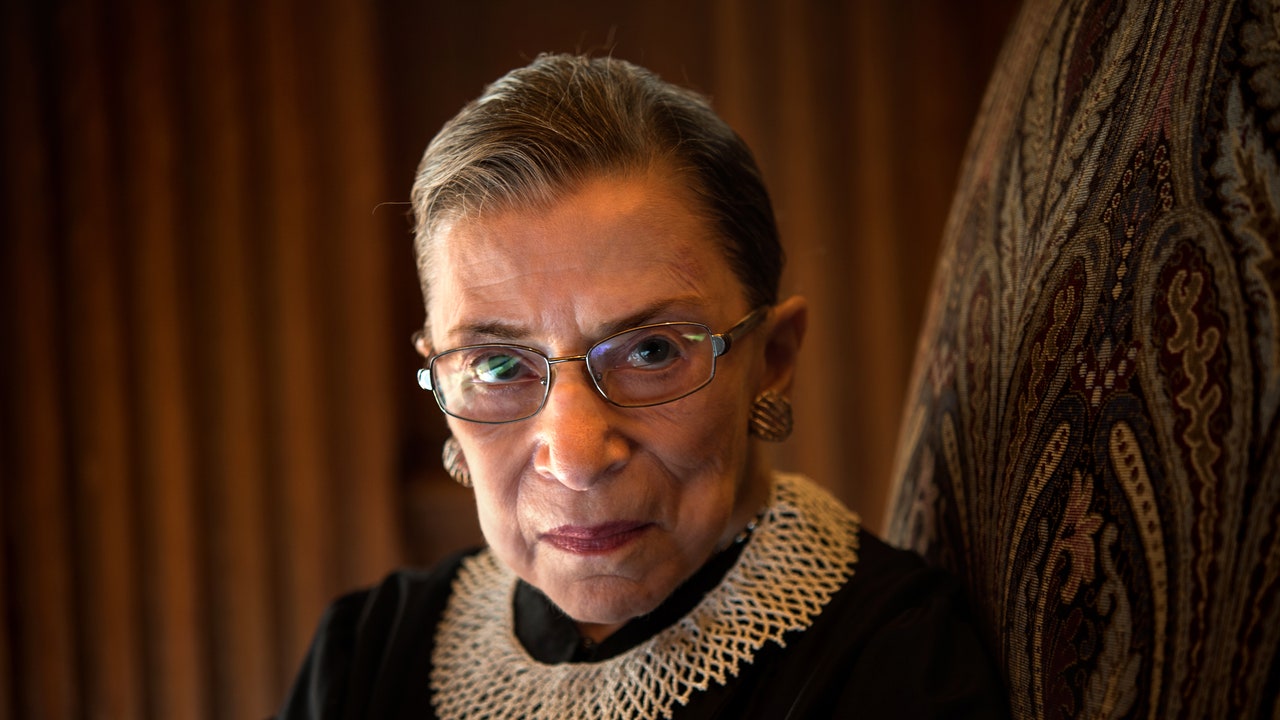If you’ve eaten pot stickers, Peking duck, or hot and sour soup, you have Cecilia Chiang to thank. These were novelties to American palates back in 1961, when Chiang opened the Mandarin, an upscale Chinese restaurant in San Francisco. When she died in October, at age 100, she was lauded as the culinary pioneer who introduced regional Chinese cuisine to America and revolutionized the way Westerners saw Chinese food. Among her students were James Beard, Marion Cunningham, and Alice Waters, who said that Chiang had done for Chinese cuisine what Julia Child had done for the cooking of France. Hers were intricately prepared, time-intensive recipes drawn from memories of the family table growing up in Beijing: A seemingly simple dish could be the fruit of an hour of chopping. American diners at the time were more familiar with fare like egg foo young, chop suey, and egg drop soup, standards on the menu of the then-typical Chinese joint; an entire four-dish meal could be had for $3. She recalled her first impression of these dishes—which were invented to cater to American palates—upon arriving in San Francisco in 1959: “I asked my sister, I said, ‘Sophie, is this Chinese food?’ She said, ‘Yeah, this is Chinatown; this is Chinese food.…’ I thought it was pretty sad.”
Then as now in America, immigrants and people of color often have to show a different face to white Americans, but this was not Chang’s stance. “I didn’t know what Americans like or don’t like,” she said of the Mandarin’s early days. “I just remembered what I had before in my life and put everything on the menu.” (There were some 300 options on that menu.) Chiang honored the true cuisine of her culture and history, and eventually Americans likewise began to appreciate and celebrate it. As Ruth Reichl put it: “She is very much a person who never let fate push her around.” Something we all can aspire to. —Lisa Wong Macabasco
Michel Piccoli
